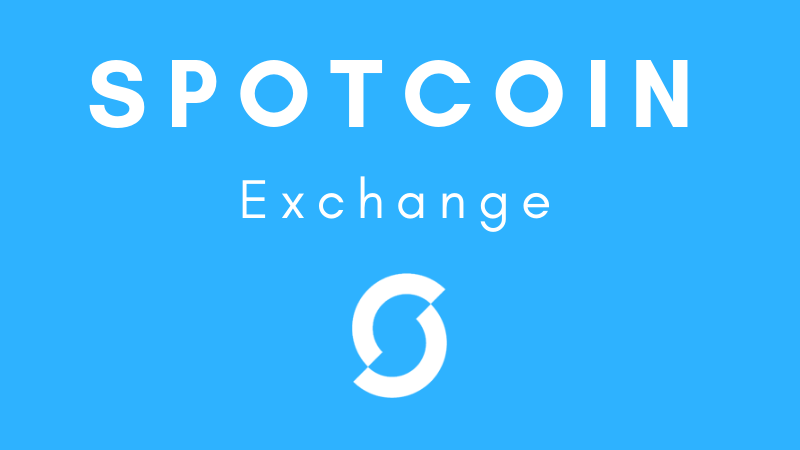
The Aphelion project has recently listed Neon Exchange’s NEX token on its decentralised exchange in NEX/APH and NEX/NEO trading pairs. Aphelion is the first exchange platform to list NEX, which received its approval as the first regulated security token in August.
Due to its status as a regulated European security, there have been questions in the general community as to the legality of listing or trading NEX tokens on the Aphelion platform. Aphelion addressed these concerns in a blog post published on October 24th:
“Lastly, there has been some question about the legalities of Aphelion. We’ve sought expert legal advice since our inception and have been consulted every step of the way and we 100% confident in our legal compliance as the laws stand today. We have been assured there is no legal precedent for the technology we have created and the model we’ve developed. With that being said, we will continue fulfilling on our mission and vision to provide a truly decentralized experience for user to access on their own terms without rules, borders, security concerns all in a lightning fast and beautiful experience.”
The legal concerns in question are in regards to the licences required to trade securities, and whether these same rules apply to decentralized exchanges. A Medium post published by Neon Exchange on September 6th, written by co-founder Ethan Fast, stated that “we believe that every exchange token is in practice a security” and that “Other projects have attempted to circumvent this logic with legal arguments that may or may not hold up to scrutiny, and continue to operate their platforms without following security and anti-money laundering (AML) laws.”
By registering the NEX token as a security, Neon Exchange sought to remove any ambiguity about the nature of its token, and allow the company to issue dividends to holders based on the exchange’s performance. Furthermore, the project is seeking to “acquire a Security Dealers License, which would allow us to issue other securities to the public and is a requirement for an Organized Trading Facility (OTF) license, which will allow us to support trading of NEX and other European securities” and is “working towards Broker Dealer, ATS, and FINCEN licenses, which would allow us to trade US securities.”
Aphelion doesn’t not appear to have any of the aforementioned licences or regional equivalents, but claims that its decentralized architecture means that it is its users who are performing the trades, rather than the exchange itself. Upon being reached for comment, Aphelion co-founder Ian Holtz told NEO News Today, “Aphelion is a truly decentralized exchange, we aren’t trading anything; Its users who are exchanging what they want, how they want , where they want…all on their own terms. If that upsets some, then decentralization isnt for them. We’ll continue to hold true to our mission and vision.”
NEO News Today also reached out to Neon Exchange who declined to comment. However, following NEX’s listing on Aphelion, co-founder Fabio Canesin posted a series of Tweets commenting on the nature of today’s decentralized exchanges:
“Currently most “DEXs” (all running on NEO) need something called a coordinator, it is a centralized service that validate matching and time sort the order book to avoid several technical issues like front running. At the moment the only way around it is to use a decentralized protocol where matching is a competition game, this is what projects like 0x are trying to do. So most current DEXs have to co-sign every trade and users using it have to trust this systems to fairly time it and sort received orders.
Those trades would not happen without the coordinator and maintainers of it are profiting as fees are collected. I will not touch the legal implications. But they are far from an indexer of OTC orders or P2P trading, that can be easily seen by reading their smart contracts.”
The Aphelion exchange has entered its third week of MainNet operation, having launched on October 10th and recently surpassed US $100,000 in trade volume. Trading functionality is currently only available on its desktop application, but the project has stated that “Mobile & Web DEX and Commit functions are our #1 priority but we dont expect a release for at least another week to ensure the best experience.”
More information on the Aphelion and Neon Exchange projects can be found below.







About The Author: Dean Jeffs
Dean is a digital project manager who has worked extensively with start ups and agencies in the marketing space. Fascinated by the potential applications of blockchain technology, Dean has a passion for realising the new smart economy.
More posts by Dean Jeffs